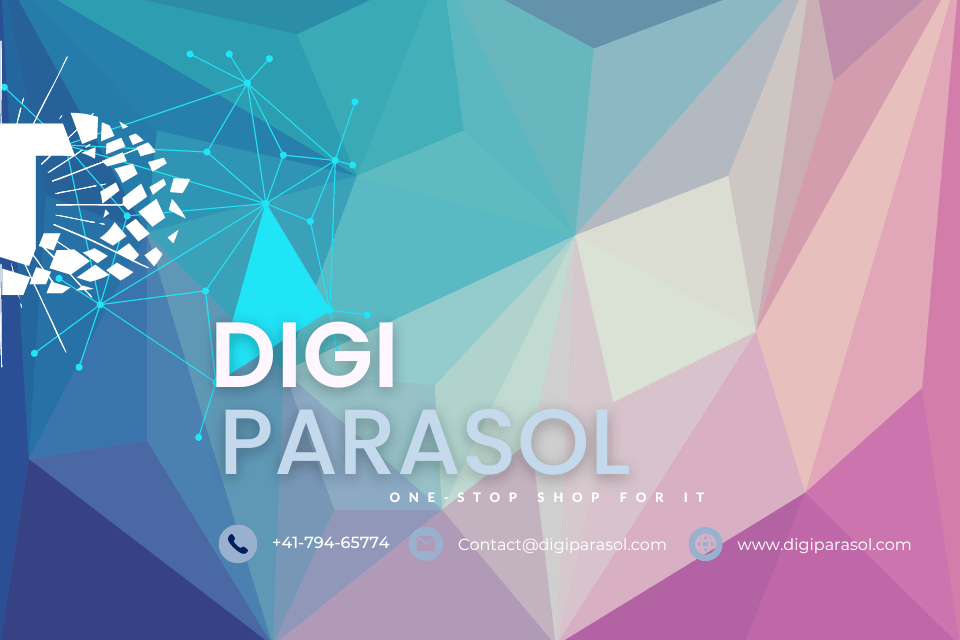Introduction
Advances in artificial intelligence (AI) technology have revolutionized many aspects of healthcare, with AI-powered virtual health assistants becoming increasingly popular in recent years. These virtual assistants, powered by algorithms, machine learning, and natural language processing, have the potential to significantly improve patient care and outcomes by providing personalized, timely, and accurate health information and assistance.
In this article, we will explore the concept of AI-powered virtual health assistants and their role in personalized medicine. We will discuss the benefits and challenges of using these tools in healthcare, as well as the potential impact they can have on patient engagement, adherence to treatment plans, and overall health outcomes.
The Rise of AI-Powered Virtual Health Assistants
AI-powered virtual health assistants have gained traction in recent years due to the increasing availability of healthcare data, advancements in AI technology, and the growing demand for more personalized and convenient healthcare services. These virtual assistants can perform a wide range of functions, including answering patient questions, providing medical advice, scheduling appointments, and monitoring patient health data.
One of the key benefits of AI-powered virtual health assistants is their ability to provide personalized care based on individual patient needs and preferences. By analyzing a patient’s health data, medical history, and lifestyle factors, virtual assistants can offer tailored recommendations and interventions that are specific to each patient’s unique circumstances. This personalized approach to healthcare can help improve patient engagement, adherence to treatment plans, and overall health outcomes.
AI-powered virtual health assistants are also designed to be accessible and user-friendly, making them an attractive option for patients who prefer to interact with technology rather than healthcare providers. These virtual assistants can be accessed through smartphones, tablets, or computers, allowing patients to receive timely health information and support from the comfort of their own homes.
Benefits of AI-Powered Virtual Health Assistants
There are many benefits to using AI-powered virtual health assistants in healthcare, including:
1. Improved patient engagement: Virtual assistants can engage patients in their care by providing personalized health information, reminders, and support. This can help patients stay motivated and on track with their treatment plans, leading to better health outcomes.
2. Enhanced access to care: Virtual assistants are available 24/7, allowing patients to access healthcare information and support whenever they need it. This can help patients receive timely advice and guidance, reducing the need for unnecessary emergency room visits or hospital admissions.
3. Increased efficiency: Virtual assistants can streamline administrative processes, such as scheduling appointments or refilling prescriptions, freeing up healthcare providers to focus on more complex patient care tasks. This can help improve the overall efficiency of healthcare delivery and reduce wait times for patients.
4. Cost-effective care: By automating routine tasks and providing virtual support to patients, virtual assistants can help reduce healthcare costs and improve resource utilization. This can make healthcare more affordable and accessible to patients, particularly those who are underserved or living in remote areas.
Challenges of AI-Powered Virtual Health Assistants
While AI-powered virtual health assistants offer many benefits, there are also some challenges to consider when implementing these tools in healthcare, including:
1. Privacy and security concerns: Virtual assistants collect and store sensitive health information, raising concerns about patient privacy and data security. Healthcare providers must ensure that virtual assistants comply with data protection regulations and safeguard patient information from potential breaches.
2. Lack of human touch: Virtual assistants are not a substitute for human healthcare providers, and some patients may prefer the personalized care and empathy that only a human can provide. Healthcare organizations must strike a balance between using virtual assistants for routine tasks and maintaining a human connection with patients.
3. Integration with existing systems: Virtual assistants must be seamlessly integrated with electronic health records (EHRs), telehealth platforms, and other healthcare systems to provide a cohesive patient experience. This integration can be complex and time-consuming, requiring careful planning and coordination with IT departments.
4. Quality and accuracy of information: Virtual assistants rely on algorithms and machine learning models to provide health information and advice to patients. Healthcare providers must ensure that these models are accurate, up-to-date, and based on evidence-based guidelines to prevent misinformation and errors.
Impact of AI-Powered Virtual Health Assistants on Personalized Medicine
AI-powered virtual health assistants have the potential to revolutionize personalized medicine by providing tailored care and support to individual patients based on their unique needs and preferences. These virtual assistants can analyze a wide range of health data, including genetic information, medical history, lifestyle factors, and treatment responses, to develop personalized treatment plans and interventions that optimize patient outcomes.
By leveraging AI technology, virtual assistants can help healthcare providers deliver more precise diagnoses, predict patient outcomes, and recommend targeted therapies that are specific to each patient’s genetic makeup and health profile. This personalized approach to medicine can improve treatment effectiveness, reduce adverse events, and enhance patient satisfaction by addressing their individual concerns and preferences.
Virtual assistants can also empower patients to take an active role in their care by providing them with personalized health information, reminders, and self-management tools. Patients can use virtual assistants to track their symptoms, monitor their health metrics, and communicate with their healthcare providers in real-time, leading to improved adherence to treatment plans and better health outcomes.
In conclusion, AI-powered virtual health assistants represent a significant step towards personalized medicine by providing patients with tailored care, support, and guidance that is specific to their individual needs and preferences. These virtual assistants have the potential to transform healthcare delivery by enhancing patient engagement, improving treatment outcomes, and increasing access to personalized care for all patients. While there are challenges to consider when implementing virtual assistants in healthcare, the benefits of using these tools far outweigh the risks, making them a valuable addition to the healthcare ecosystem in the future.


